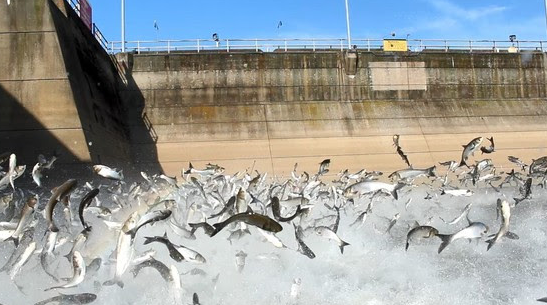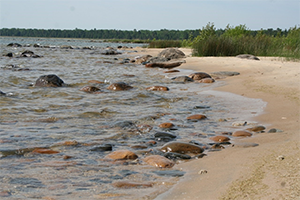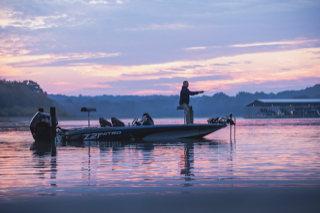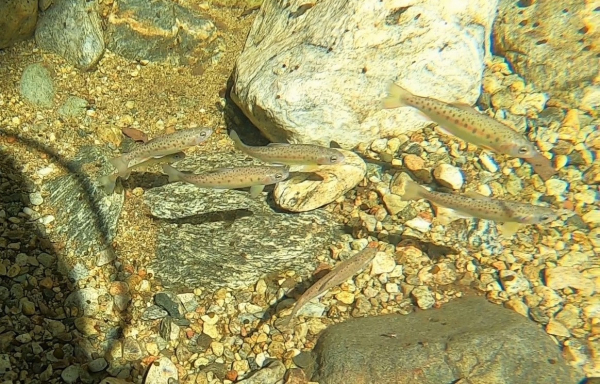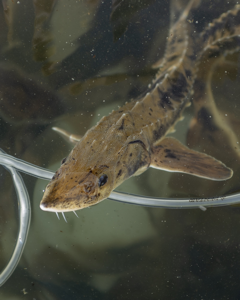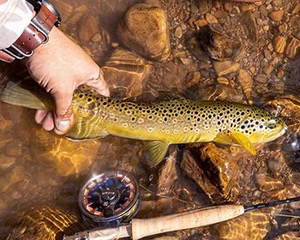Ice Hole Insulators from ThermaSeat®
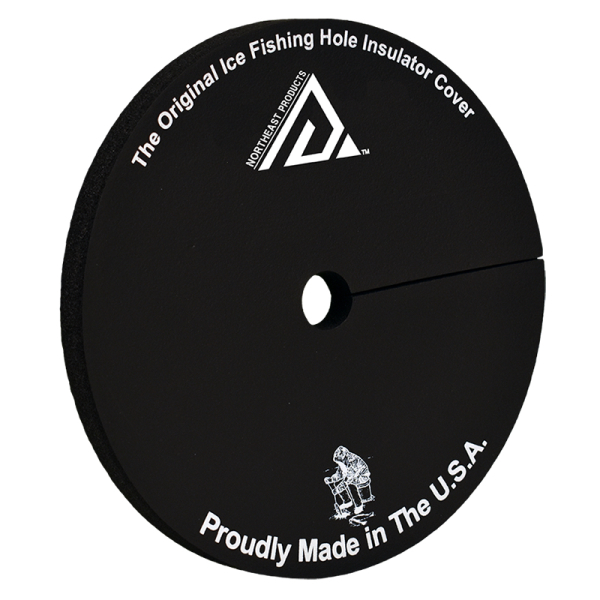
Peterborough, NH – Avoid freezing so you can keep fishing! The Ice Hole Insulator from ThermaSeat sits directly on the surface of your ice fishing hole and contains a slot to insert your tip-up, leaving your fishing uninterrupted!
“I wish would have gotten these earlier! What a huge convenience! They work great! I bought them after barely getting a 37″ pike through my 7″ hand-drilled hole after it froze over on a 0-degree day.”-ThermaSeat® Customer
The Ice Hole Insulators work like magic to keep your ice hole clean without the use of batteries or chemicals. They feature ThermaSeat’s waterproof, quiet Softek™ closed-cell foam insulation that is 12? in diameter and 3/4? thick to fit over a standard ice auger hole without falling in. Read more

